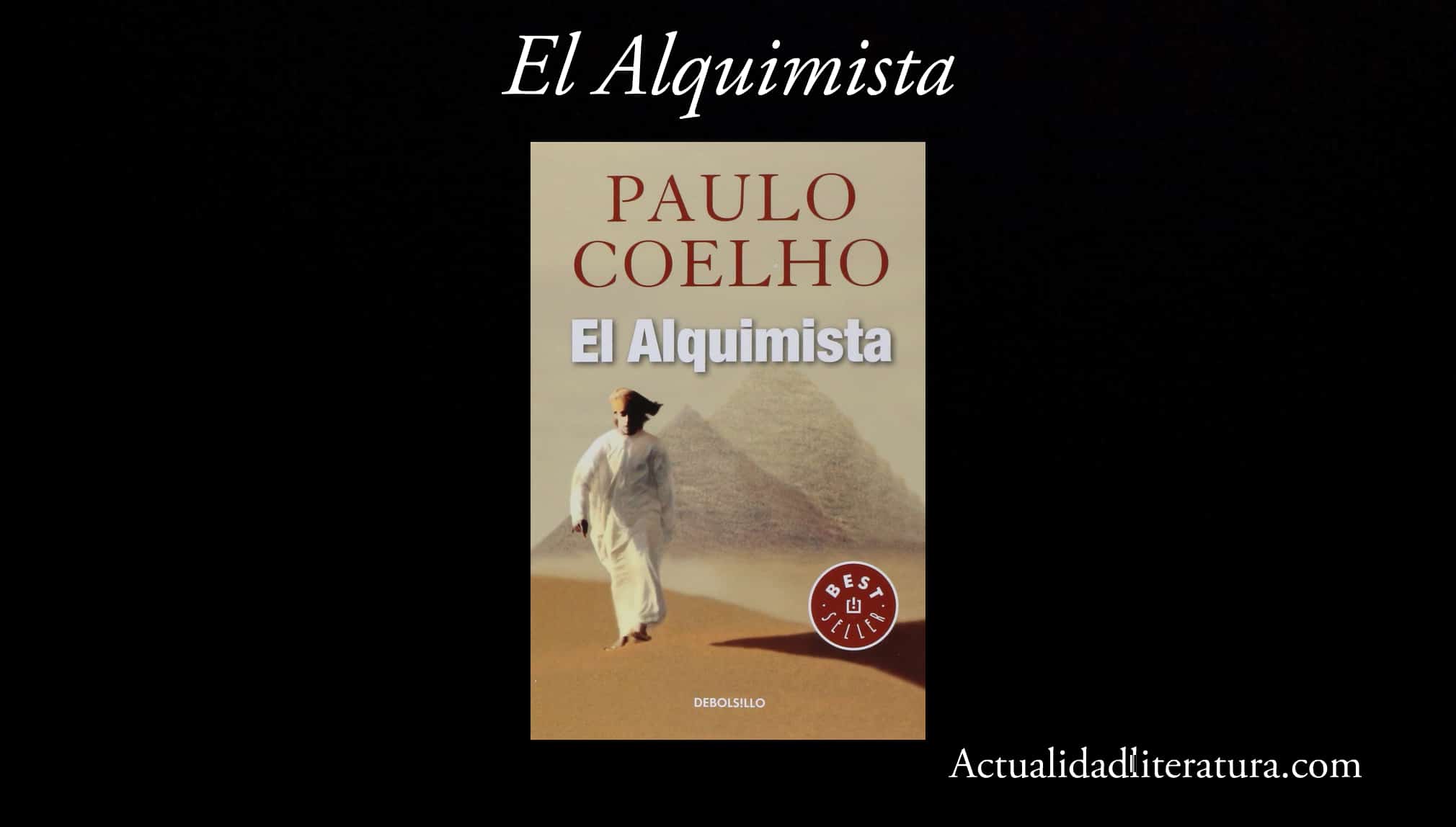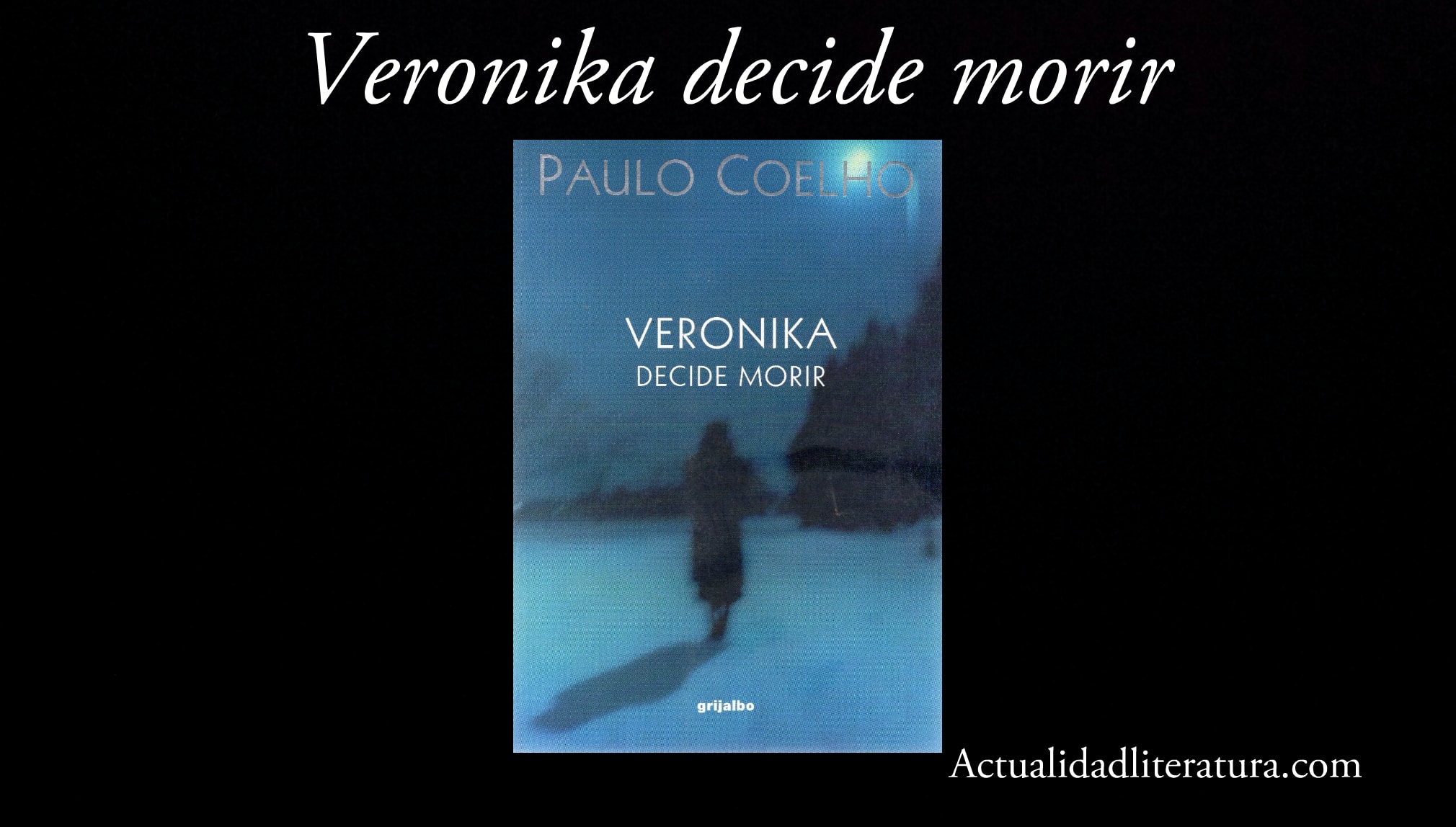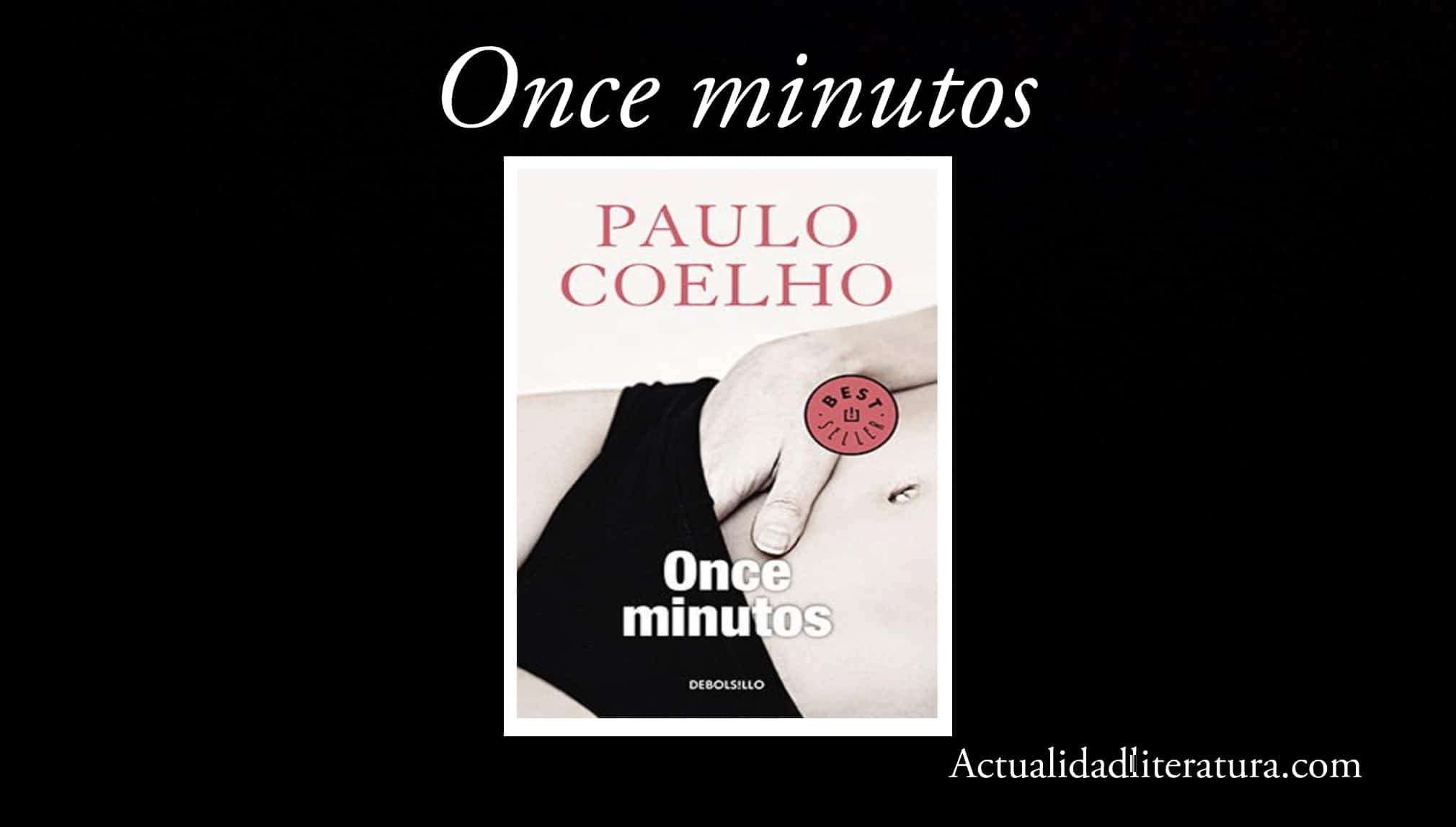
Paulo Coelho.
The way of the archer (2020) is the last of Paulo Coelho's books. Like many of the previous titles by the Brazilian best-selling writer, it is a work of speed reading and reflective intention (self-concluding). Likewise, it is a publication that is not without criticism, which has been a recurring situation in the acclaimed literary career of the South American author.
The voices opposed to the "Coelho formula" point out three negative characteristics of the São Paulo writer (if they are fair or relevant, it already seems a completely subjective matter). First, the use of very rudimentary language. Second, a - supposed - lack of depth of ideas. And, third, he is accused of handling limited stylistic resources.
The unobjectionable: its ability to captivate millions of readers
Probably the most irritating aspect for Paulo Coelho's detractors is his impressive editorial numbers and countless awards collected internationally. To date, it has exceeded 320 million copies marketed in more than 170 nations and translated into 83 languages.
Likewise, Coelho is the writer with the greatest reach on social networks (he accumulates 29,5 and 15,5 million followers only on Facebook and Twitter, respectively). Therefore, it is foolhardy to criticize an author with such obvious ease to touch the sensibilities of his gigantic audience. Not in vain, since 2002 he has been a member of the Brazilian Academy of Letters.
Some of the most important recognitions received by Paulo Coelho
- Knight of the Arts and Letters of France (1996).
- Galicia Gold Medal (1999).
- Since 1998 he has participated in the World Economic Forum, this same organization awarded him the Crystal award of 1999.
- Knight of the National Order of the Legion of Honor (France, 2000).
- Order of Honor of Ukraine (2004).
- French Order of Arts and Letters (2003).
- Named "messenger of peace" in competition for "intercultural dialogue" of the United Nations (2007).
- Nominated in 2017 by the Albert Einstein Foundation as one of the 100 most relevant visionaries of our time.
Biographical synthesis of Paulo Coelho
Paulo Coelho de Souza saw the light for the first time on August 24, 1947, in Rio de Janeiro. He studied elementary school at the Jesuit school San Ignacio in his hometown. He is the son of Pedro Queima Coelho de Souza and Lygia Araripe. They — his parents — wanted him to be an engineer. When the young Paulo showed his firm literary vocation, his father sent him (up to two occasions) to a psychiatric boarding school.
Obviously, the future writer did not have any mental illness as his father presumed. However, it was not the only occasion in which Coelho was locked up, since in 1972 he was kidnapped and tortured by henchmen of the Branco dictatorship. Before that episode, Paulo did theater, journalism, music (together with Raúl Seixas), briefly studied law and was a political activist.
The best known books by Paulo Coelho
The pilgrim of Compostela (1987)
After working at a record label, getting married twice and living in cities like London or Amsterdam, Coelho completed the Camino de Santiago in 1986. A year later, he released his first book, The pilgrim of Compostela (originally baptized The Diary of a Magician). Initially, this title barely sold, although after the success of his subsequent books it was reissued several times.
The Alchemist (1988)

The Alchemist.
You can buy the book here: The Alchemist
Paulo Coelho's consecrating title did not receive much attention after its release. In fact, tree came in 1990 with the publication of Flange and the emergence of a publishing house with a better advertising strategy (Rocco). Who got the attention of the press and led to The Alchemist and The pilgrim of Compostela to the top of the rankings best sellers.
The argument The Alchemist It is based on the alchemy studies carried out by the Brazilian writer for little more than a decade. The magnitude of this book is such that it is considered the best-selling book in the history of Brazil and - according to Journal of Letters of Portugal- in Portuguese language. Currently, it holds the record for the most translated work (80 languages) by a living writer.
On the banks of the Piedra River I sat and cried (1994)
This book represented the consolidation of Coelho's career internationally. It tells the story of Pilar, a young university student a little reluctant with her studies and with her life. But, the encounter with a childhood friend (now transformed into a respected spiritual guide) is the beginning of a captivating and revealing journey in the French Pyrenees.
The fifth mountain (1996)
The text tells of the march of the prophet Elijah from his departure from Israel (by Divine command) through the desert to the Fifth Mountain. Along the way, a series of events awaken the protagonist's doubts regarding the superstitious world full of religious conflicts that he inhabits. At the peak moment, he is face to face with the Creator.
Veronika Decides to Die (1998)

Veronika Decides to Die.
You can buy the book here: No products found.
It is the second book of the trilogy On the seventh day, narrates the rediscovery of a new reason to live by its protagonist, Veronika. In fact, the title could not be more explicit. Since the main character makes the decision to commit suicide despite having (and having had) everything he wanted in life.
Eleven minutes (2003)

Eleven minutes.
You can buy the book here: Eleven minutes
It is a text that delves into the "mysterious" causes of certain events in people's lives. To do this, he focuses on the path of María, who leaves her son in a rural town in Brazil with the idea of building a better future in Rio de Janeiro. But the protagonist's journey takes her to Geneva (Switzerland) amid a spiral of broken dreams and prostitution.
The winner is alone (2008)
The story takes place in just 24 hours. The main character of the book is Igor, a very successful Russian businessman, who tries to win back the love of his life, Ewa, his ex-wife. As events unfold, the desperate protagonist is shown to do literally anything. In the end, the fascination with becoming a celebrity has always been the least relevant.
The spy (2016)
On this occasion, Coelho delves into the story of Mata Hari, the legendary WWI double spy. Specifically, the narrative describes this woman's enigmatic travels to places like Java or Berlin, until her trial (without strong incriminating evidence) in Paris.
Other titles from Paulo Coelho
Almost all the titles mentioned in the following list (ordered chronologically) have been awarded or recognized in some way. Certainly, a separate article is needed to review all of Paulo Coelho's books. They are mentioned below:
- Flange (1990)
- Valkyries (1992)
- Maktub (1994)
- The Warrior of Light Handbook (1997)
- The Devil and Miss Prym (2000)
- The Zahir (2005)
- The Witch of Portobello (2007)
- As the river flows (2008)
- The way of the arch (2009)
- Stories for parents, children and grandchildren (2009)
- Aleph (2011)
- The manuscript found in Accra (2012)
- Adultery (2014)
- hippie (2018)
- The way of the archer (2020)
Coelho is an author who generates conflicting opinions or mixed feelings, without a doubt his numbers are impressive, as are his detractors.
-Gustavo Woltmann.